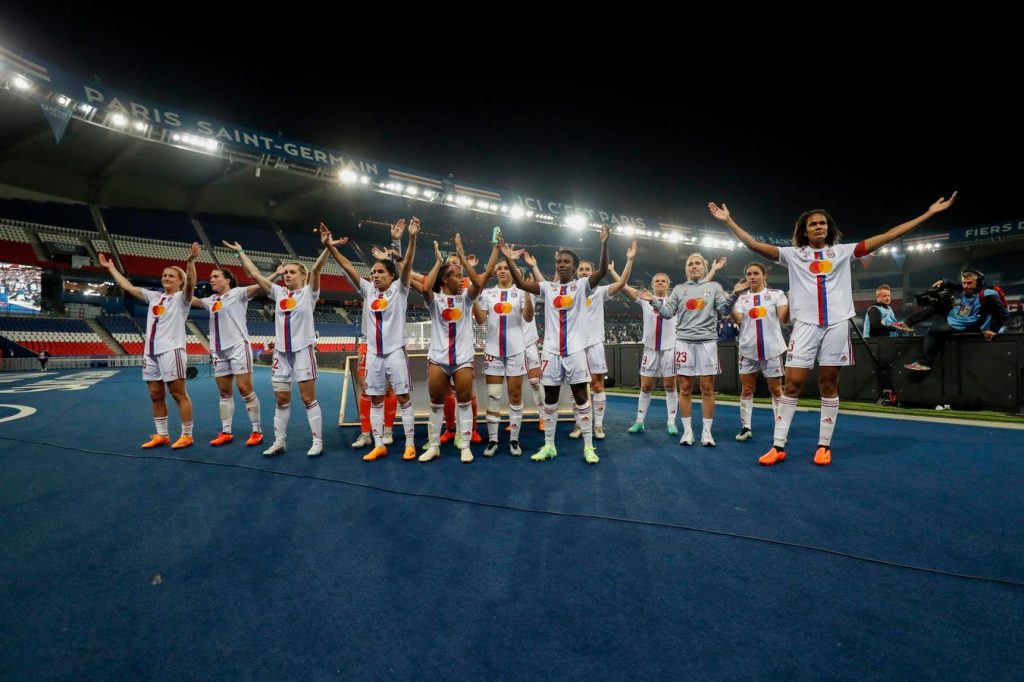The French women’s D1 Arkema concluded its regular season with Lyon winning the championship title for the 17th time in 18 editions. However, a new playoff system introduced by Jean-Michel Aulas aimed to increase competitiveness has caused controversy among clubs. Despite Lyon’s dominance throughout the season, they are now required to compete in playoffs to secure the title, a move deemed unfair by some, including Lyon’s CEO, Vincent Ponsot.
The playoff format pits the top four teams against each other, with Lyon facing Stade de Reims in the semi-finals while PSG takes on Paris FC. The winners will then compete in the final to determine the champion. This new system was introduced to add suspense and competitiveness to the league, as demanded by broadcasters who wanted a more engaging product for viewers. The aim is to prevent Lyon and PSG from dominating the league and to create a more level playing field for all clubs.
While the playoff system has been met with resistance from some clubs like Lyon and PSG, others see it as an opportunity to grow and elevate the level of competition in French women’s soccer. The idea behind the playoffs is to create more excitement for fans and generate higher TV viewership, which will ultimately benefit the league in terms of revenue. The system also aims to ensure that clubs have the necessary infrastructure to support professional women’s soccer.
For Stade de Reims, their qualification for the playoffs is a historic achievement and opens up the possibility of participating in the UEFA Women’s Champions League for the first time. Despite being the underdogs against Lyon in the semi-finals, they are hopeful of causing an upset and securing their spot in Europe. However, concerns have been raised about the risks posed by the playoff system, including the potential loss of both the title and Champions League qualification.
Jean-Michel Aulas is optimistic about the future of women’s soccer in France and has proposed significant investments in the professional league. He aims to capitalize on the momentum generated by the 2019 World Cup and the upcoming Paris 2024 Olympics to elevate the quality of the league and make it the best in Europe. With the league aiming to follow the example of England, where clubs like Manchester City, Chelsea, and Arsenal are closely competing, the playoffs could be the catalyst for the rebirth of French women’s soccer.
In conclusion, the introduction of playoffs in the women’s D1 Arkema league has sparked a debate among clubs, with Lyon expressing reservations about the new system. While some see it as a way to enhance competition and generate interest, others view it as unfair and a departure from the traditional format. The success of the playoffs and its impact on the league’s future remains to be seen, but it represents a significant step towards the development and growth of women’s soccer in France.


